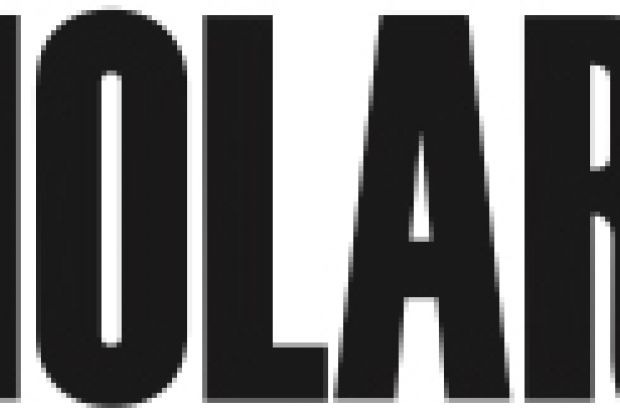Despite the grand titles and arrays of letters after their names, academics feel the fear of unemployment as much as anyone else, argues Michael W. Kraus on the Psych Your Mind blog.
Dr Kraus, who will take up a job as assistant professor of psychology at the University of Illinois, Urbana-Champaign in the autumn, writes in response to peers' questions about academic job-seeking.
"I remember the anxiety a lot, the feeling that there may not actually be a job out there for you," he writes. "Then there is also the feeling that you may not, in fact, be as awesome as you thought you were. It's classic self-discrepancy theory as the ideal you (I'm a good researcher) comes into contact with the actual you (I'm not getting a job), and you are predictably left with a sense of dejection/depression."
Dr Kraus does not try to kid his readers that there is a formula for getting a job. "I have no advice for successfully navigating the academic job market," he warns. Instead, he offers an insight into his own experiences. "While jobs are relatively easy to find," he writes, "there aren't many of them. In my first year of...searching, I think there were 20 social-personality jobs posted, meaning that 500 postdocs, newly minted PhDs, and some new assistant professors looking to upgrade...were all applying to these 20 jobs.
"[It is] ridiculously, impossibly, heart-breakingly competitive. For me, it felt like I was fighting 500 people at once, with many of them outside my weight class."
On the subject of research statements, he says: "For me, the statement is actually pretty straightforward...The hardest part is figuring out what to talk about most and...least. In the end, I went with a format that highlighted the ideas and research I am most likely to pursue in the future."
Once you have an interview, Dr Kraus notes, the experience becomes much more subjective. Preparing a talk for an interview is helped immeasurably by input from colleagues and peers, and while the nature of interview days can vary by institution, remaining "alert and engaged with [all] conversations" is important - even when it is a more relaxed scenario.
One element Dr Kraus does not mention is that all-important CV. Or is it, muses Ferdinand von Prondzynski, vice-chancellor of Robert Gordon University, on his University Blog. "The curriculum vitae is still the standard document in which an academic sets out her or his achievements, but over the years these documents have tended to grow longer and longer," he writes. "As certain types of activity in teaching, research and administration have become more important in considering promotion ...it is not unusual nowadays for a CV to stretch over 30 or more pages.
"I began to wonder whether academic CVs are still useful...A recent report from Canada disclosed that a senior researcher there was padding his CV with details of publications that simply did not exist...Of course only a tiny number of academics would deliberately do this, but it is worth asking whether the avalanche of details makes it easy to assess even an honest CV.
"Perhaps we should ask academics to submit CVs of two pages only; and that might usefully concentrate the mind."
Send links to topical, insightful and quirky online comment by and about academics to john.elmes@tsleducation.com.
